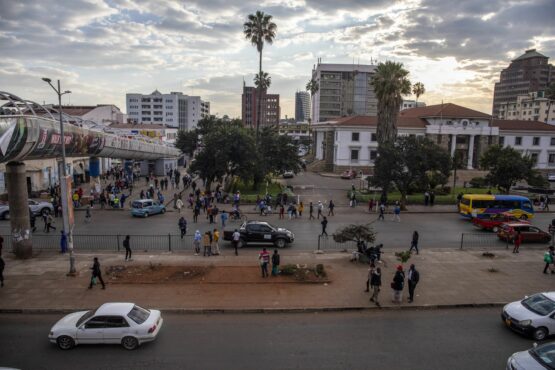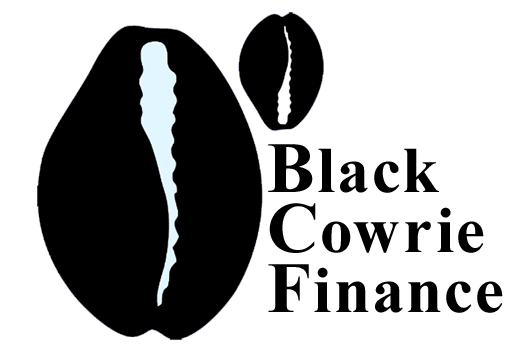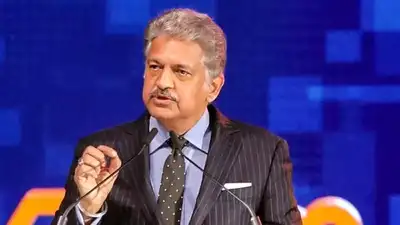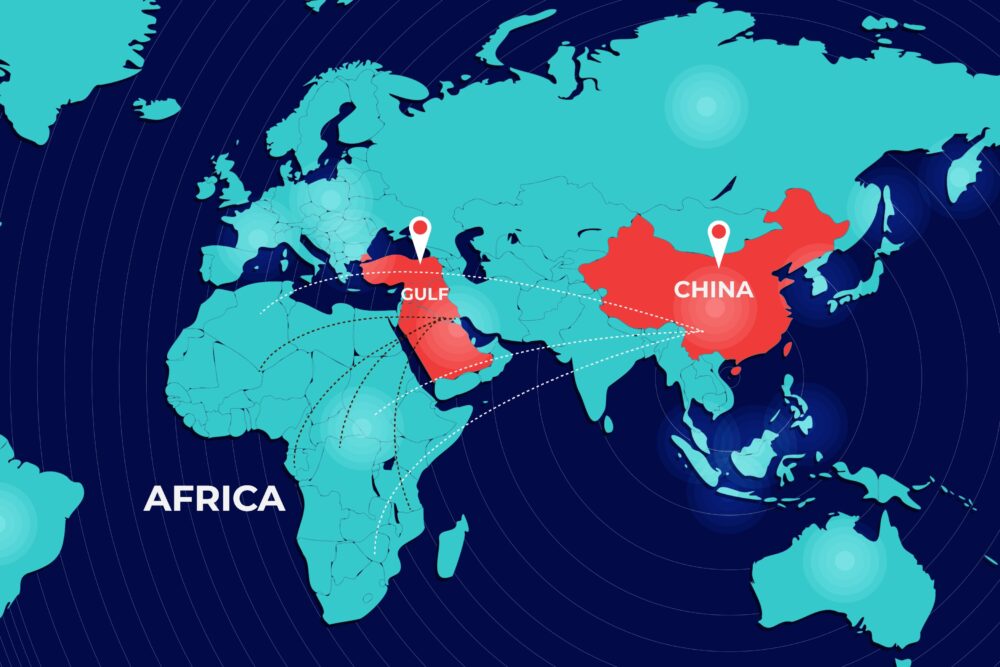
Zimbabwe needs to spend $4.4 billion on expanding access to electricity if it is to meet its goal of achieving upper middle-income status by 2030, according to the World Bank.
Power supply shortages are costing the southern African nation an estimated 6.1% of of its gross domestic product annually, the Washington-based lender said in its latest Zimbabwe Economic Report, released Wednesday. While an additional 600 megawatts of generation capacity was brought on line this year from the country’s coal-fired plants, frequent breakdowns at its other units led to blackouts that lasted an average of 12 hours a day.
Energy constraints translate “into lower economic growth and lower household incomes,” and are considered the “single biggest brake on the expansion of mining and mineral processing,” the bank said. It envisions the government financing 85% of the required expansion in electricity production, and consumers and the private sector funding 11% and 4% respectively.
Source: Moneyweb








